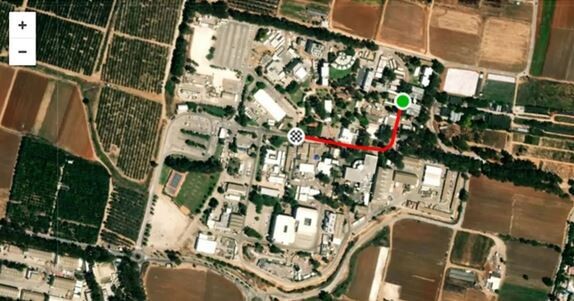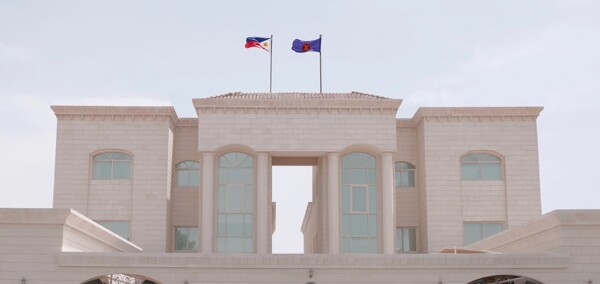
In accordance with the law on residential leases, lawyer and legal expert Shouka El-Katiri asserts that a lease represents a transfer by the lessor to the lessee of certain benefits from the property provided to him for a fee for a specified period. Within the framework of the federal law on residential leases §5 from 1985 and article 15 of the law from 26/2007 on the regulation of relations between lessors and lessees of real estate in the Emirate of Dubai, it is specified that the obligation of the lessor consists in ensuring the lessee receives the desired benefit from the lease.
"The lease agreement is concluded with a purchase-sale agreement in that it transfers to the lessee property on a paid basis, but the main difference between them lies in the temporary nature of transferring benefits in the lease, while in a purchase-sale agreement the transfer of ownership occurs forever," continues El-Katiri.
At the same time, the lessee has the right to utilize this benefit in full, as stated in article 11 of the law, including services provided by the leased property, such as basements, sports facilities, fitness centers, parking, and more, unless otherwise stipulated in the agreement. According to experts, if the rental agreement does not have a clear limitation on the use of any of the services of the real estate object, the lessor does not have the right to limit the lessee's use of such objects.














